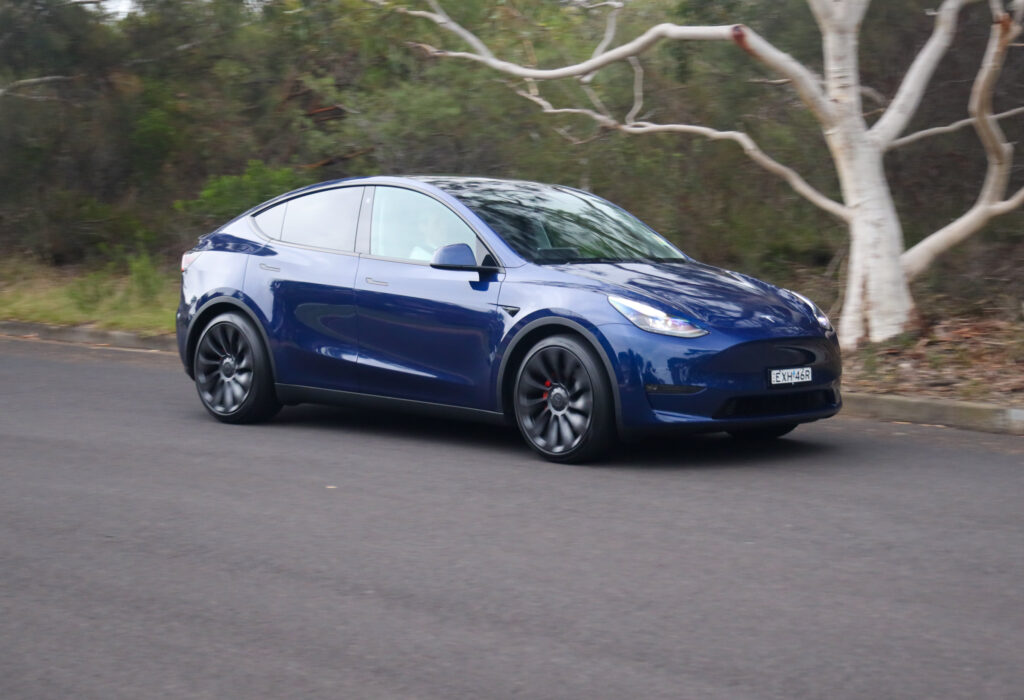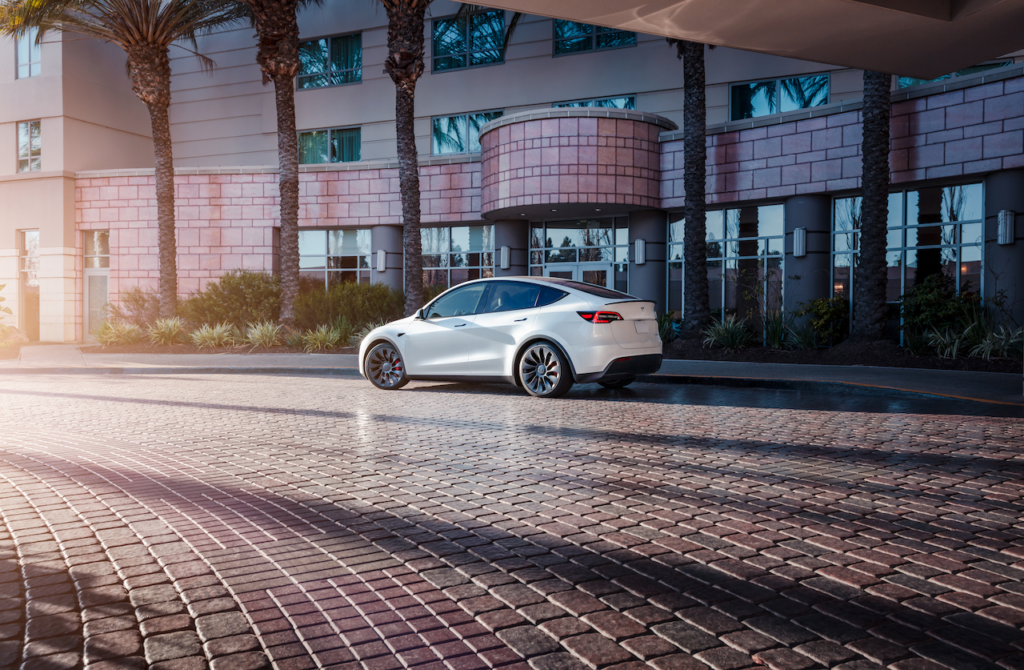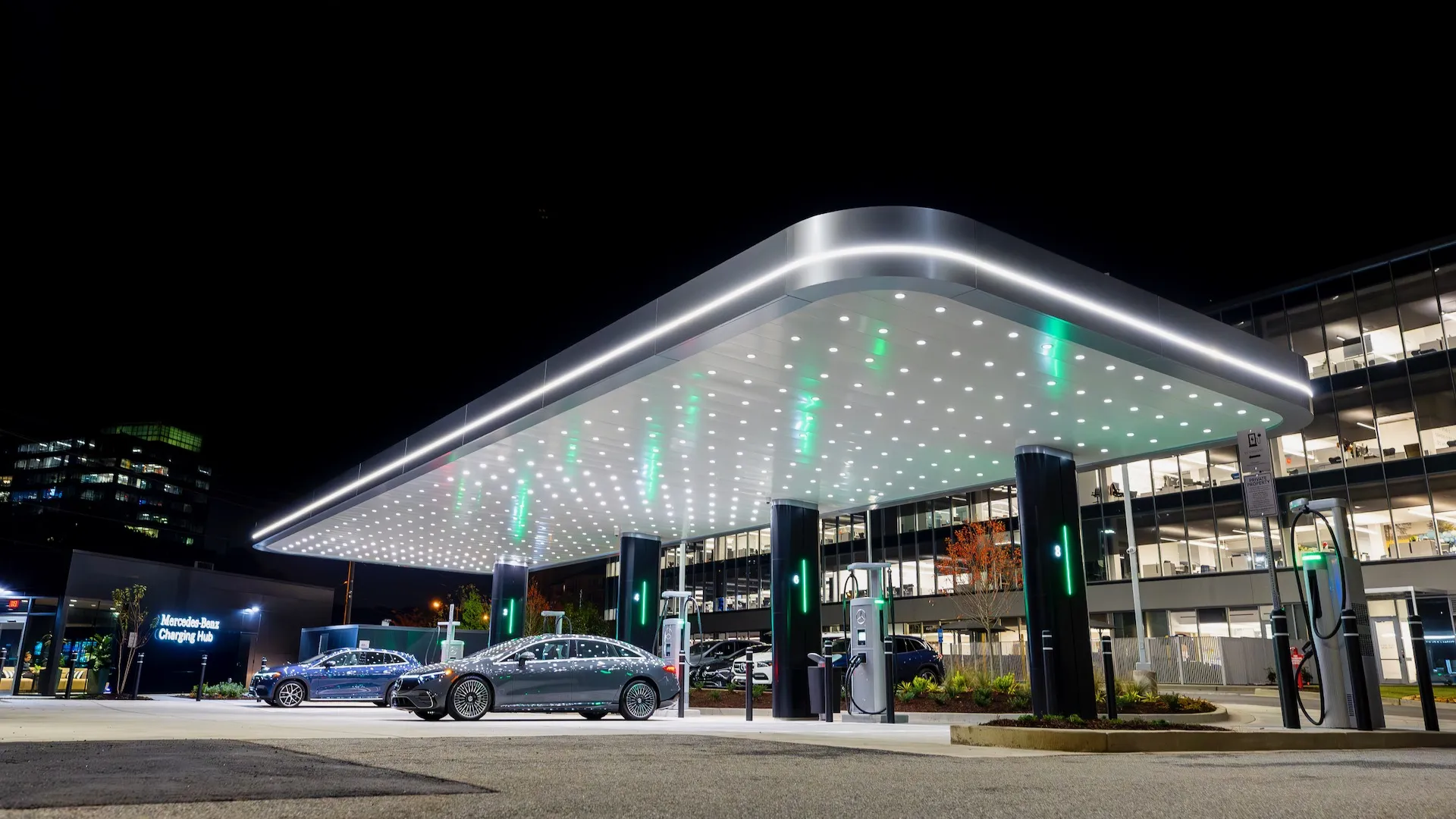Tesla chief Elon Musk has given the clearest indication yet that prices of its electric cars could get even cheaper in future.
Off the back of multiple price decreases that have seen Tesla demand surge, the world’s dominant electric car brand has hinted that more price drops could be in the wings if economic conditions remain uncertain and interest rates continue to increase.
READ MORE: Tesla Model Y now cheaper than ever
READ MORE: Tesla Model Y outsells Ford Ranger to become Australia’s second best-selling vehicle
READ MORE: Tesla Model Y review
Speaking at the brand’s quarterly earnings announcement – where it reported record revenues of almost US$25 billion and an operating profit of US$4.5 billion – CEO Elon Musk said maintaining healthy demand was crucial to the ambitious trajectory of the car maker as it looks to overtake giants such as Volkswagen and Toyota in outright sales.
Describing current economic conditions as “turbulent”, Musk said maintaining affordability was the reason for the recent price drops.
“When interest rates rise dramatically we actually have to reduce the price of the car because the interest payments increase the price of the car.”
For Tesla, in July it knocked about $3500 off the price of the Model 3 and Model Y, the latter now eligible for state electric car rebates in Australia for the first time.
Despite the price decreases and unprecedented investment in new models – including the upcoming Cybertruck electric ute, a new more affordable model and updates to the Model 3 and Model Y – Tesla managed to reduce manufacturing costs, reducing the pain on the company’s balance sheet.
But Musk hasn’t ruled out future price drops if economic conditions remain volatile.
“If the macro condition is stable I think prices will be stable, if they’re not stable we would have to lower prices.”
Much of the brand’s thinking around ensuring more Teslas are hitting the road revolves around delayed plans to implement autonomous driving.
The company is investing tens of billions of dollars into autonomous driving – even developing its own supercomputer, named Dogo – and it sees the artificial intelligence-based tech as a key revenue driver moving forward.
“People have made fun of me – perhaps quite fairly made fun of me – my predictions about achieving full self-driving have been optimistic in the past,” said Musk frankly about previous predictions that we’d be driving hands-off by 2019, 2020, 2021 … take your pick.
“The reason they’ve been optimistic … we’ll make rapid progress … then it will curve over logarithmically.”

But full self-driving – or FSD in Tesla terminology – is a circa-$15,000 option that not many owners tick the box for (it currently offers nothing remotely close to self-driving) but it could deliver enormous revenues to the brand in future.
“Every car that we … produce that has full autonomy capability is actually something that in the future may be worth as much as five times as what it is today,” said Musk.
“It does make sense to sacrifice margins in favour of making more vehicles because we think in the not-too-distant future they will have a dramatic valuation increase.
“The Tesla fleet value increase at the point of which we can upload full self-driving and it’s approved by regulators will be the single biggest step change in asset value maybe in history.”










